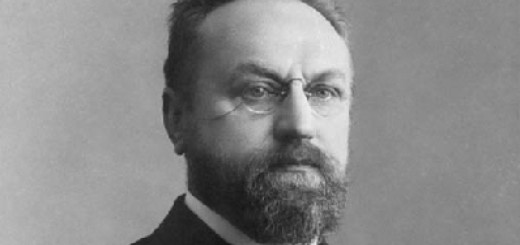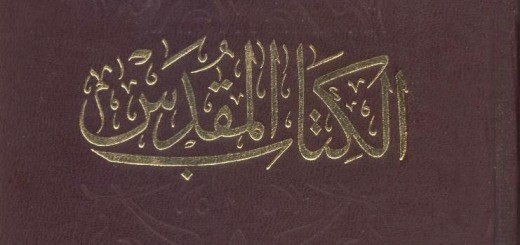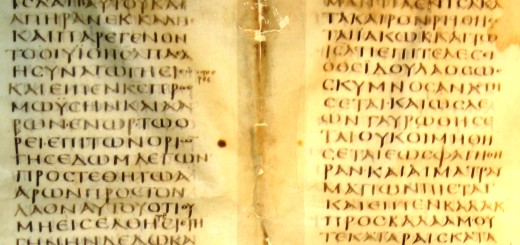Stanley H. Skreslet: Review of American Evangelicals in Egypt by Heather J. Sharkey
This review has been published as: Stanley H. Skreslet, “Review of American Evangelicals in Egypt by Heather J. Sharkey,” Cairo Journal of Theology 1 (2014): 49–50 (pdf). It was first published in International Bulletin of Missionary Research 33 (2009): 159–60.
American Evangelicals in Egypt: Missionary Encounters in an Age of Empire. By Heather J. Sharkey. Princeton: Princeton University Press, 2008. Pp. xvi, 318. $39.50.
Heather Sharkey sets out to produce a “secular history” (p. 14) of Presbyterian mission in Egypt between 1854 and 1967 that “illuminates both the Egyptian and American dimensions of this historical exchange while attending to the changing landscapes of social attitudes and religious beliefs” (p. 16). In meeting this aim, she has added significantly to what can be known about Protestant mission history in the Middle East, the rapidly evolving character of Christian-Muslim relations since the nineteenth century, and the social, cultural, and political aspects of these encounters.
Sharkey pays close attention to a range of social forces and multiple overlapping contexts that affected the work of this missionary group, including the nineteenth-century evangelical culture of American Presbyterianism, British colonial activity in the Middle East, the rise of Egyptian nationalism in the twentieth century, and the postcolonial dilemma of Western missionaries in the region. She drills deeply into the holdings of the Presbyterian Historical Society, located in Philadelphia. Sharkey also draws extensively from several previously underutilized resources, most notably her own interviews with contemporary Egyptian Protestant leaders and retired missionaries, the archives of the American University in Cairo, and a host of Arabic-language materials. This latter feature in particular distinguishes Sharkey’s history from the otherwise informative study of American evangelical culture and Islam recently published by Thomas S. Kidd, American Christians and Islam (2009).
Sharkey’s focus on twentieth-century issues is especially welcome, since relatively few scholars have chosen to concentrate on this phase of Presbyterian mission history. A nuanced chapter entitled “The Mission of the American University in Cairo,” in which the career of its founding president, former United Presbyterian mission executive Charles R. Watson is featured, stands out. An extended discussion of Samuel Zwemer’s conversionist activities in Egypt clarifies the nature of the transition Watson’s educational initiative represented. In her treatment of decolonization (1945–67), Sharkey shows how successive Egyptian governments worked steadily to limit missionary independence. American backing for the newly established State of Israel further eroded the social legitimacy of American missionary efforts in the Middle East, while stoking the production of antimissionary propaganda in Arabic. Throughout, Sharkey considers the “ambiguity of power” (p. 4) that surrounded the American Presbyterian Mission in Egypt. It is her contention that social proximity to British imperial power between 1882 and 1918 created a “colonial moment” for the mission which then slowly dissipated during the interwar years, before giving way to a situation of much greater vulnerability within a fully independent Muslim-majority nation. PDF



